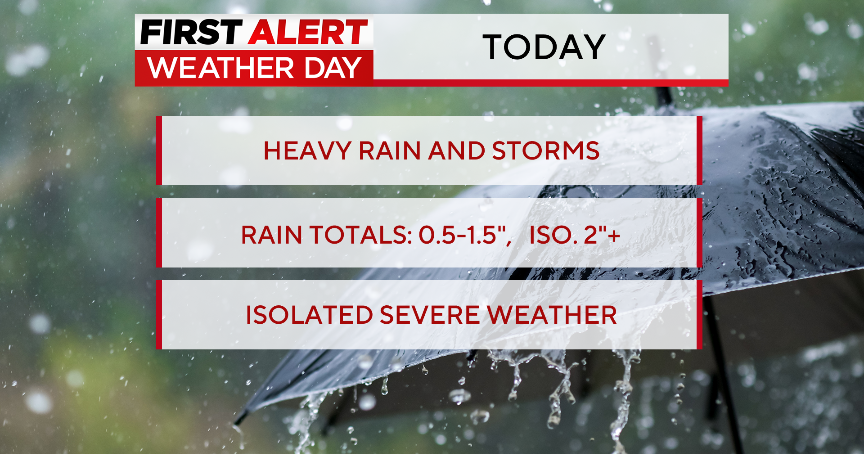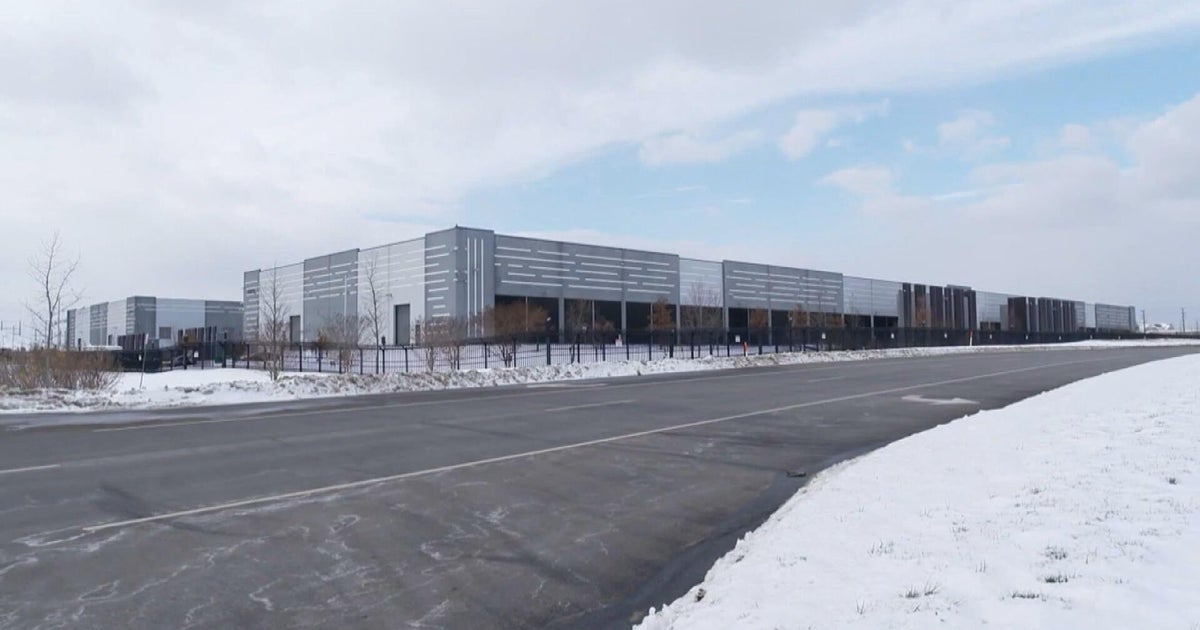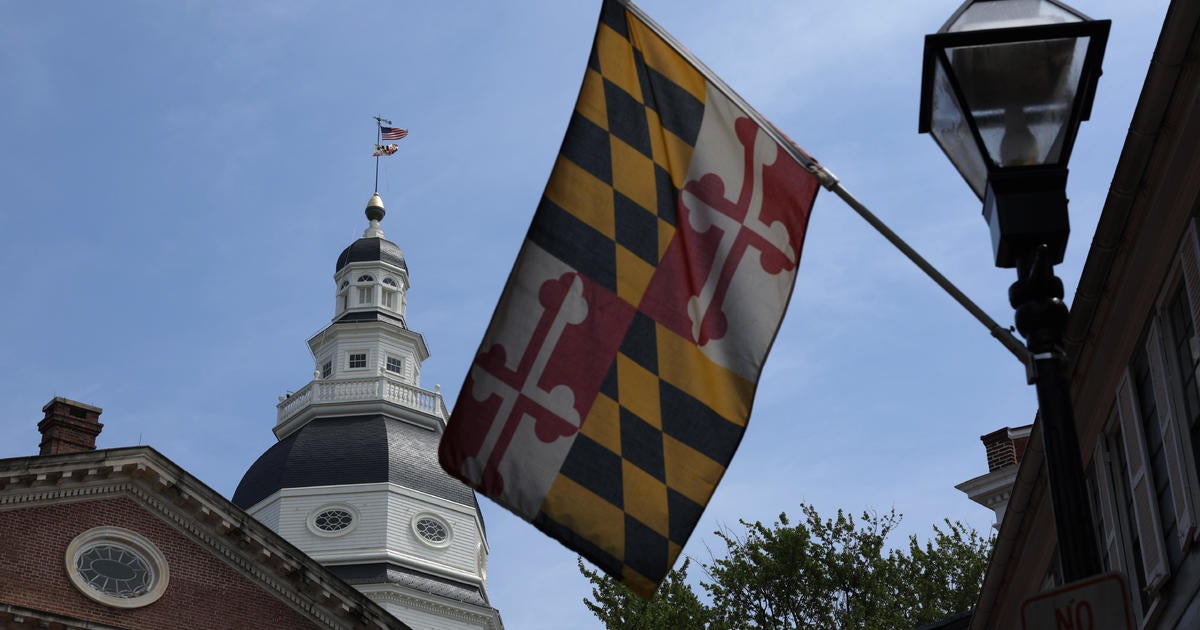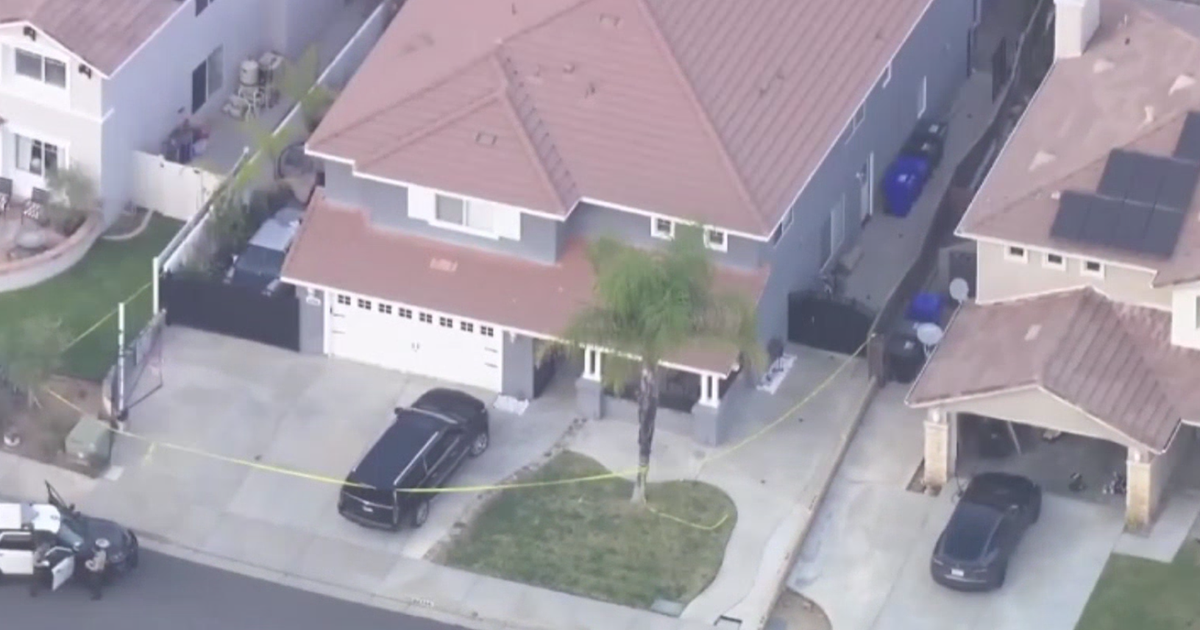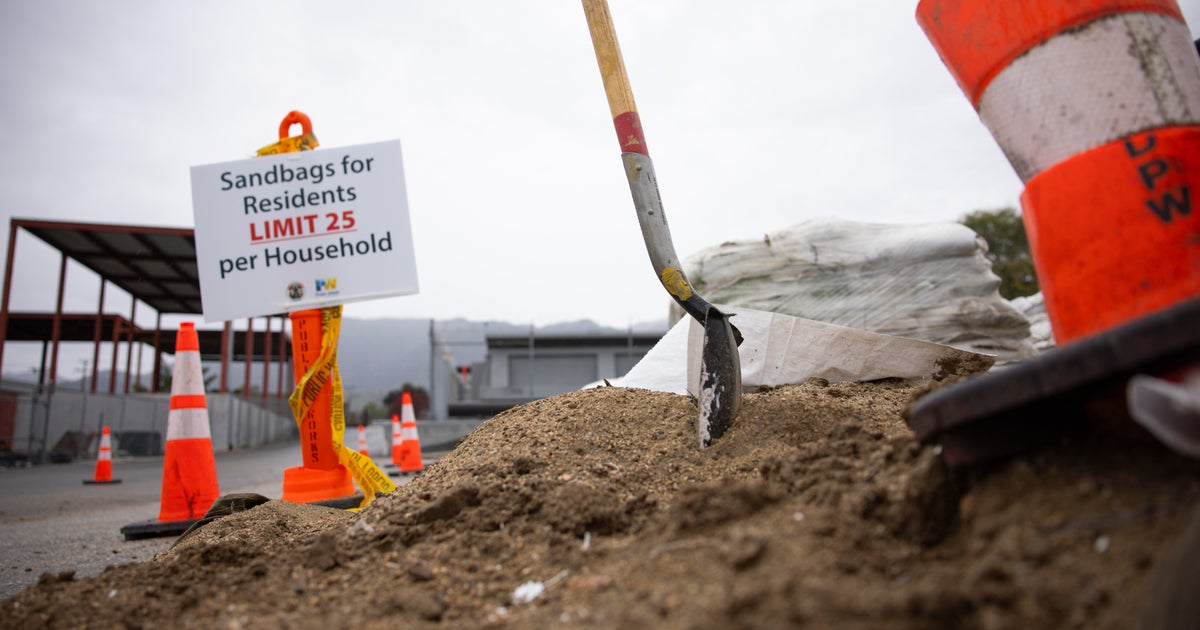Texas Senate To Investigate Rolling Blackouts
AUSTIN (AP) - State electricity managers had plenty of notice that an arctic cold front was headed for Texas and planned ahead for it, but power generators failed to provide electricity once the storm hit, officials said Tuesday.
Trip Doggett, the CEO of the Electric Reliability Council of Texas, said his agency asked generators for extra power ahead of the frigid weather that hit Texas on Feb. 2. But once the storm hit, 82 out of 550 generating systems either shut down or unexpectedly failed to start because they couldn't handle the cold weather.
"At 10 p.m. the night before, we had committed generation . that was over 60,000 megawatts. If all of that generation had kept running we would have had enough," Doggett told a packed Senate chamber. "We had more than 8,000 megawatts of generation that either dropped offline or was unable to start."
Doggett said demand peaked at 57,282 megawatts, but the grid was unable to provide that much. His agency, commonly known as ERCOT, then told utilities to start rolling black outs across the state at 5:43 a.m. Hundreds of thousands of Texans lost power throughout the day because of the rolling power outages.
Doggett testified along with other state officials in front of the state Senate's Business and Commerce Committee and the Natural Resources Committee. Lawmakers want an explanation for why utilities failed to provide power during the coldest day of the year.
Barry Smitherman, the chairman of the Public Utilities Commission, said the failure was due largely to power plants being unprepared for cold weather. Texas power plants are designed to provide power during hot summers, not cold winters.
Part of the problem is that Texas weatherization regulations for power plants don't focus on cold weather, Smitherman said. Several brand new power plants experienced cold weather for the first time and key equipment froze. Luminant, a generation company, lost three coal-fired power plants, he added.
"The experience of the operators was non-existent, they didn't know that parts of those plants were vulnerable," Smitherman said.
Once the power outages started, the situation was made worse when power was cut to natural gas facilities that fueled power plants, he added.
"When the wires and poles companies were initiating the rolling black outs, they were inadvertently blacking out the natural gas facilities," Smitherman said. "We need to know exactly where these facilities are and prevent blacking them out."
Some electrical generators had contracts that allowed natural gas companies to divert gas to homes and away from plants as needed, he added.
Senators planned to hear testimony from power companies later Tuesday. Texas has largely deregulated the electric power industry and several senators questioned whether state regulators needed more power.
On Monday, the Federal Energy Regulatory Commission ordered a formal inquiry as well. While the commission has little direct authority over ERCOT because the grid does not connect to other states, federal regulators do have an obligation that all Americans have reliable electricity.
(© Copyright 2011 The Associated Press. All Rights Reserved. This material may not be published, broadcast, rewritten or redistributed.)
